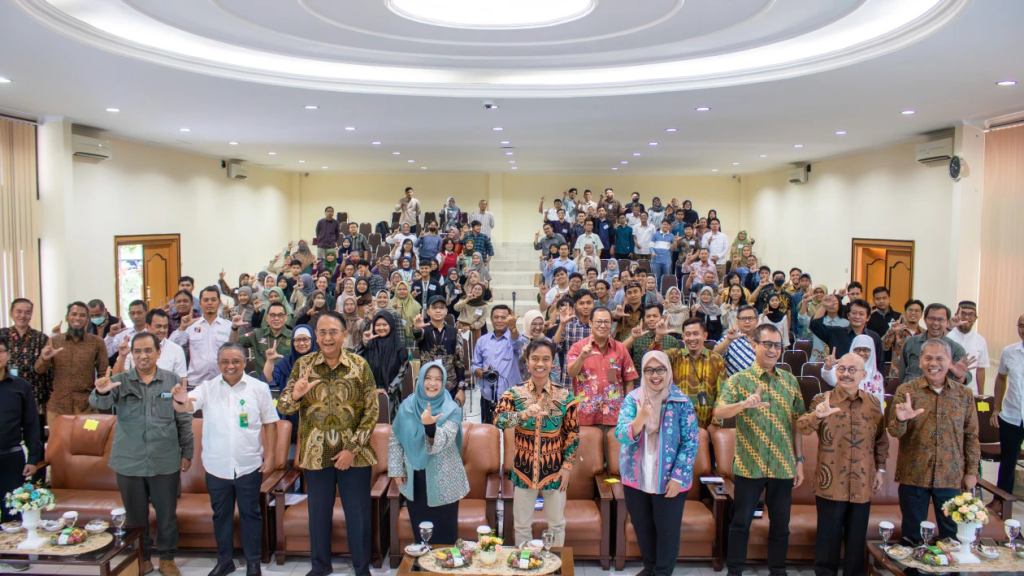University programs that directly influence climate change can be categorised into two types: initiatives that offer training and education to the local community. To achieve optimal outcomes, each of these categories should be conducted at the national, regional, and international levels. Here are several illustrative examples of activities with climate change repercussions.
Educational initiatives include workshops, seminars, and research projects aimed at increasing awareness of climate change and promoting sustainable practices. These initiatives equip students, faculty, and local communities with knowledge and skills to reduce their carbon footprints. When implemented broadly, such educational efforts can influence behaviour change, potentially leading to a 5-10% reduction in energy consumption through increased awareness alone.
Practical climate mitigation programs involve implementing renewable energy solutions, improving energy efficiency, and promoting sustainable transportation. For example, transitioning to solar power, electric vehicles, and green building designs directly lowers emissions. If scaled appropriately, these programs could reduce UGM’s total carbon emissions by 10-20% over time.
Overall, when combined and scaled, these university-led initiatives can significantly lower the university’s carbon footprint and contribute to broader climate change mitigation efforts, potentially reducing climate impact by 15-30% in the long term.
The Faculty of Geography at Universitas Gadjah Mada (UGM), in collaboration with the Ministry of Environment and Forestry (KLHK), organised a workshop titled “Fair Climate Change Management (Climate Justice) in Indonesia” to commemorate World Environment Day. Held on June 20 at the Merapi Auditorium, the event aimed to raise awareness of climate justice, particularly its disproportionate impact on vulnerable groups like indigenous communities, small farmers, and coastal residents. The FGDs brought together students, government agencies, NGOs, and community groups to identify key climate change challenges, assign accountability, and propose actions to ensure justice for the most affected. This workshop underscored the role of stakeholders, particularly academics, in fostering sustainable and inclusive climate solutions.

Universitas Gadjah Mada (UGM) is advancing climate change action by establishing the Institute for Future Life (IFL), a multidisciplinary research centre focusing on five key areas: Healthy Longevity, Environment and Biodiversity, Green and Blue Economy, Future Governance, and Inclusive Digital Society (UGM’s Climate Action Through Institute for Future Life (IFL)). As part of its efforts, UGM held its first Round Table Discussion (RTD) on September 29, themed *“Resilience to Climate Change: Nusantara Smart City Adaptable to Climate Change.”* The event gathered expert inputs for practical proposals to support Indonesia’s new capital, Nusantara. The discussions will lead to a series of policy briefs and monographs aimed at fostering interdisciplinary collaborations and addressing climate change threats across various sectors.
The Forestry Student Executive Board (LEM) at UGM presented climate change mitigation recommendations to the Ministry of Environment and Forestry during the Pojok Iklim Goes to Campus
Event on June 9, 2023. The policy brief emphasised youth involvement in addressing climate change and proposed four key recommendations: revising policies to enhance transparency and participation, establishing fair carbon pricing aligned with IMF benchmarks, improving carbon estimation methods, and encouraging public responsiveness to climate issues. The event, organised by the ministry and UNDP Indonesia, featured discussions on youth contributions to climate action, with speakers emphasising the need for renewable energy, reforestation, and greater balance between human and natural ecosystems. The initiative highlights the role of students in shaping sustainable climate policies and taking practical actions like tree planting and emissions reduction advocacy.
Universitas Gadjah Mada (UGM) and the Makassar City Government have partnered to develop a low-carbon city, focusing on reducing carbon emissions and addressing climate change. The agreement, signed on May 15, 2024, reflects the urgency of combating rising temperatures caused by climate change, which has disrupted productivity and public activities across ASEAN. UGM Rector Professor Ova Emilia praised Makassar’s innovative carbon reduction programs, emphasising the importance of community-driven initiatives and the potential to replicate these successes elsewhere. Makassar Mayor Moh Ramadhan Pomanto highlighted that carbon reduction requires both technological solutions and behavioural change, starting at the community level. The collaboration integrates UGM’s tri-dharma principles and aims to create sustainable solutions through research, public engagement, and knowledge sharing, benefiting both Makassar and broader climate action efforts.
Universitas Gadjah Mada has introduced a multidisciplinary Master’s Program on Disaster Management. The main purpose of this program is to increase the number of professionals capable of acting as managers for disaster risk reduction programs and emergency response in the face of phenomena like earthquakes, tsunamis, volcanic eruptions, landslides, tropical cyclones, floods, and droughts. This program takes a multidisciplinary approach based on disaster management cycles. The Master’s of Disaster Management is designed for the implementation of the Hyogo Framework for Action, providing trained professionals who are capable of working in the private sector, NGOs, or governmental offices in the fields of Disaster Mitigation, Risk Reduction, Post Disaster Response, as well as Recovery and Rehabilitation. The Master’s of Disaster Management provides three focuses of study: Disaster Preparedness and Mitigation, Disaster Emergency Management, and Disaster Rehabilitation and Reconstruction.
References:
- Workshop “Fair Climate Change Management (Climate Justice) in Indonesia”
- UGM’s Climate Action Through Institute for Future Life (IFL
- The Forestry Student Executive Board (LEM) at UGM presented climate change mitigation
- Makassar’s innovative carbon reduction programs
- Master’s Program on Disaster Management
